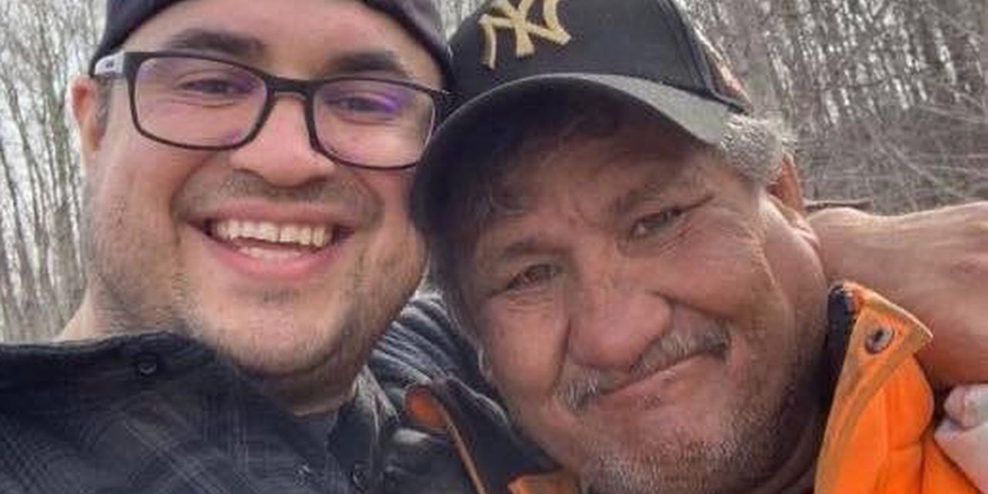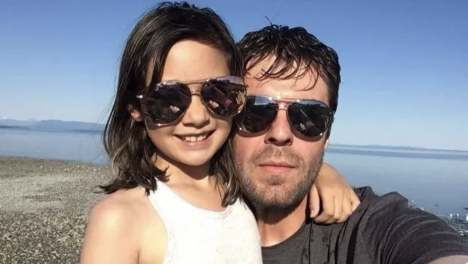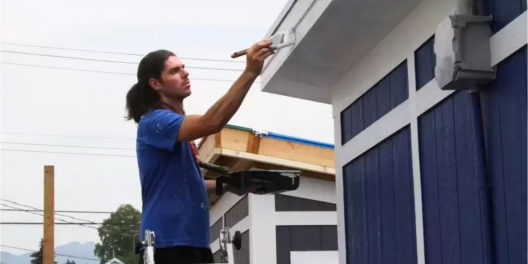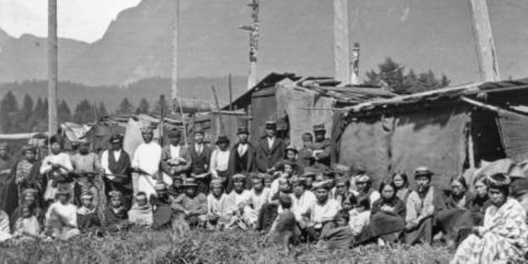Two hunters in Alberta were shot dead by strangers. Alberta’s Superior Court just charged the killers with murder. But from a CBC headline, you’d swear the case was about something else.
CBC chose to focus on a text from the wife of one of the hunters. What was the text about, you ask? She was worried he’d been drinking. She didn’t want him to drive. That’s the kind of concern anyone would have about a loved one.
But what did CBC do with that information? They made it the main headline. They jumped straight for a stereotype.
Let’s review the facts:
Two men were murdered. They happened to be Métis. They were murdered after they were celebrating.
The murderers assumed the two hunters were thieves. But they had zero evidence.
IndigiNews is a local news agency that focuses on VanIsle. And they’re fed up. They’re fed up because mainstream media uses Indigenous stereotypes instead of treating Indigenous people like people.
They published an open letter to CBC, and to mainstream media outlets that use racist coverage of Indigenous folks.
“Mainstream media has engaged in propaganda that has been used to normalize the genocide that this country capitalizes on,” they say in the letter.
So the two hunters had a few beers that night. They’d just bagged a moose!
Did that mean they deserved to be murdered? Was drinking really the problem here?
“This headline serves as another reminder that major players in the journalism industry have not been listening, nor have they grown.”
“It reminds us that our humanity is not valued as Indigenous people. This piece is beyond ignorance—it is racism.”
IndigiNews
The Alberta Superior Court said the murderers took the law into their own hands. The hunters did nothing wrong.
So why did the headline focus on a wife’s worried text about drinking?
The editors at IndigiNews say they don’t often make big statements when media outlets use racism to get clicks. They normally send private emails to writers.
“It’s what we call a ‘calling in,’ rather than a ‘calling out,'” they said.
But in the face of the brutal murder of these two men, they say the CBC’s article went too far.
“In the recent case of CBC Edmonton publishing a racist story with an equally egregious headline, we decided to use an Open Letter to address it.”
This is not the first time mainstream media has been racist when reporting about murdered Indigenous people. In the open letter, IndigiNews brought up coverage of Tina Fontaine and Colten Boushie. Both of these young Indigenous people were murdered, and their cases were widely covered in the news.
They ended the heartfelt letter by saying, “Your ignorance is a part of our ongoing genocide and we are calling it out here and now.”
We’ve had an inquiry about the thousands of murdered and missing Indigenous women in this country. Folks are finding hundreds of buried children around residential schools. You’d think the country’s national broadcaster would be able to do better on this.
The CBC should not be the lens of racism in Canadian media.
It’s now on the CBC to not say sorry, but to never do this again.
So far, CBC Edmonton and the Canadian Press haven’t responded to the letter.










